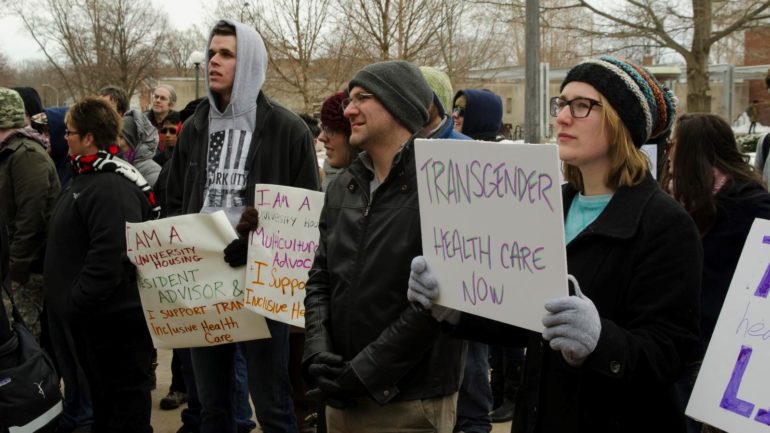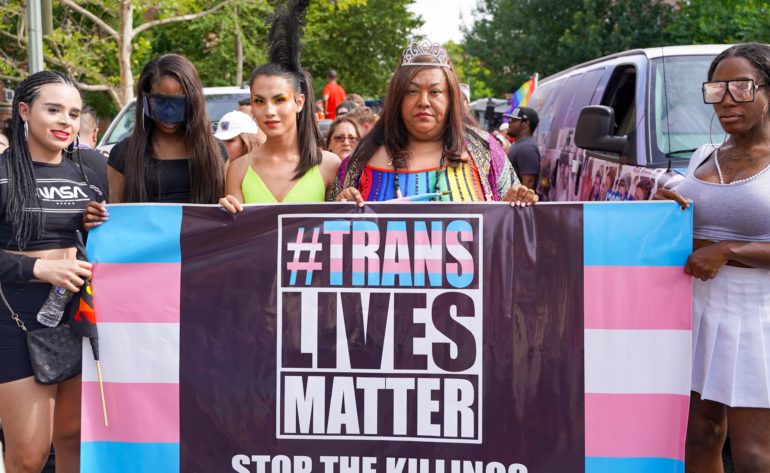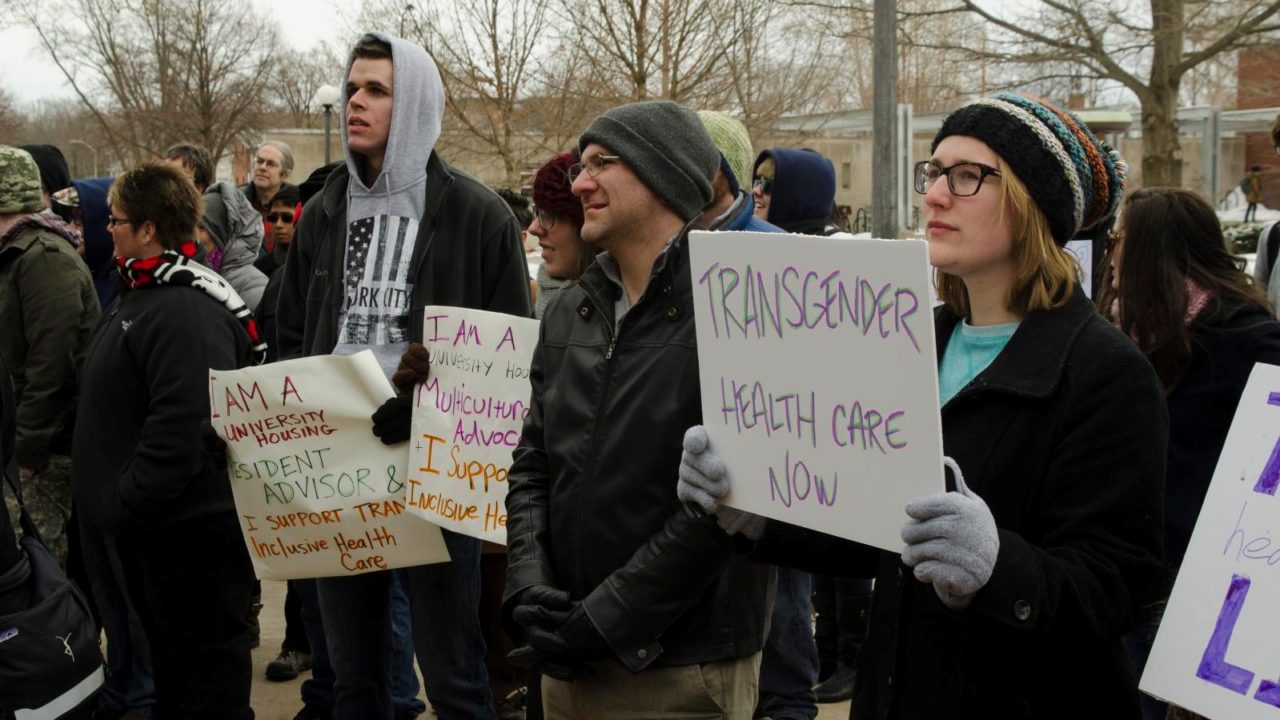
Shruti Mehra
Ontario is failing to provide nondiscriminatory treatment to trans-women who are HIV-positive despite having the world’s finest health care facilities and top-notch doctors.
Trans-women are 49 times more likely to be tested positive for HIV in comparison to others in different reproductive ages, according to a fact sheet by Interagency Coalition on AIDS and Development.
“It is rare to look for a national data that includes a distinct category to identify the percentage of trans-women having HIV or tested for it,” said Vanshika Kapoor, a social worker at the Nazariya Foundation in India.
The transgender community faces a high level of gender-based violence, marginalization, racialization, and social exclusion which puts them at a higher risk of getting HIV reported Avert, a UK-based charity.
“The other factor that contributes to the high risk of HIV in trans-women is the artificial gender-changing hormones used during the surgeries,” Kapoor said.
Seven per cent of trans people in Ontario are Indigenous and they often receive limited access to health care, educational and economic opportunities, a report by Trans Pulse Canada said.
“Discrimination and social stigma are among the most common factors that trans people experience every day,” said Ashley Lacombe-Duncan, contributor to the Trans Women HIV Research Initiative (TWIRI). “These are the common barriers to access to healthcare facilities in Ontario.”
Lacombe-Duncan said it is important to be inclusive of all gender identities and to provide a trans-specific platform to the community.
“Problems like insensitivity, absence of gender-conforming identification, verbal and physical abuse by the healthcare providers are often considered as the barrier to healthcare support,” she said.
“Transphobia and cisnormativity affects the rational thinking of individuals.”

The different layers of challenges include the socio-economic factors associated with the transgender community that affect the quality of life and services they acquire, according to the fact sheet by Interagency Coalition on AIDS and Development.
“It is utterly important for healthcare providers to be compassionate towards transgender individuals,” Kapoor said.
It is important to include the transgender community to implement best practices and to involve the individuals in various research and study developments, according to the TWIRI website.
Duncan said it is important to remember trans-women have the same health needs as any other individual.
“They require more care and sensitivity due to their differential physical characteristics,” she said.
Organizations like The 519, TWIRI and Interagency Coalition on AIDS and Development follow a community-driven approach to help educate transgender people about HIV and other health-related issues.

